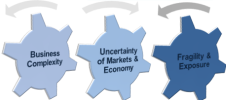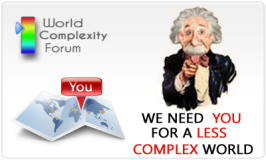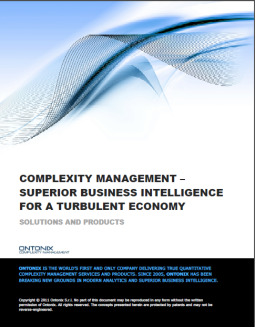Saturday, 13 October, 2012
I am a long time admirer of Seth Godin and, yet again, he doesn’t disappoint…
We don’t need more stuff. We need more civilization. More respect and more dignity. We give up a little and get a lot.
The people who create innovations, jobs, culture and art of all forms have a choice about where and how they do these things. And over and over, they choose to do it in a society that’s civilized, surrounded by people who provide them both safety and encouragement. I’m having trouble thinking of a nation (or even a city) that failed because it invested too much in taking care of its people and in creating a educated, civil society.
via Seth’s Blog: Civilization.
But, as I am sure you will have realised – if you think at all about these things and how we might begin to resolve some of the issues that blight modern society – this is hardly original thought.
Similar messages can be traced back through literature for two thousand years and, more frequently these days, are being validated by scientific analysis of the behaviour of complex systems: the most successful and resilient systems are highly INTERDEPENDENT.
More recent references can be found in, the late, Steven Covey’s famous book, “7 Habits…” but this is what Ghandi had to say on the subject…so you know he wasn’t just another person queuing up to take a pot-shot at the 99%!:
“Interdependence is and ought to be as much the ideal of man as self-sufficiency. Man is a social being. Without interrelation with society he cannot realize his oneness with the universe or suppress his egotism. His social interdependence enables him to test his faith and to prove himself on the touchstone of reality. If man were so placed or could so place himself as to be absolutely above all dependence on his fellow beings he would become so proud and arrogant as to be a veritable burden and nuisance to the world…”
















